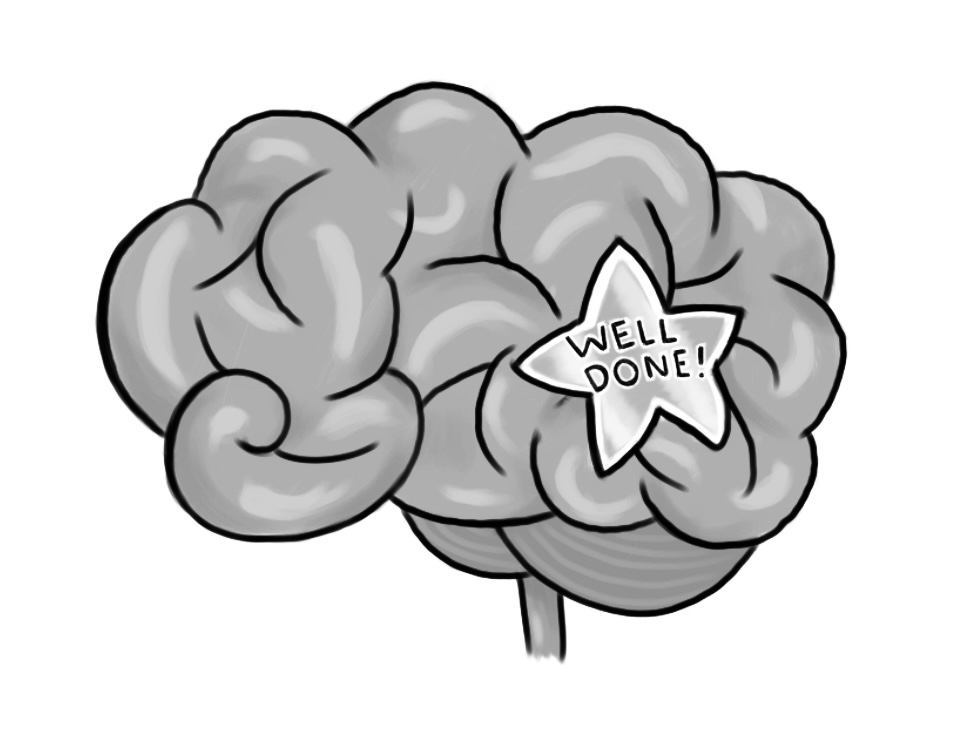“We have an obligation, as a district, to serve students where they need support or extension,” says Diane Rundquist, Director of Advanced Learner Programs K-12 for 8 years. Last month, I examined the negative impacts a label can leave. Often, students feel confined to the expectations associated with “gifted” learners. Rundquist and Laura Herbst, Advanced Learning Coordinator of 10 years, offer insight into how Minnetonka Schools work to ensure all students feel supported.
While the Navigator and Wings programs are important for students who need different resources to feel challenged and engaged, Minnetonka also strives to offer a variety of support services. “Learners are learners,” Rundquist says; where other school districts cut these programs altogether to avoid the negative implications of gifted labels, Minnetonka has worked to improve its program to better represent its mission. She acknowledges that a label can appear to many as a “burden,” and focus has shifted to “defin[ing] service that students need in order to grow.” She acknowledges an important part of keeping different learning environments healthy is removing the label from a student and focusing directly on services each individual needs.
Herbst says the variety of AP and IB classes help students prepare for the future, not only for a college scenario, but also to help students learn to “manage their time, organize themselves, and do things that are hard.” She explains that taking challenging classes is important in high school because “you have your teachers, you have a counselor, the writing center, tutors.” Herbst believes that AP and IB classes offer something for everyone, saying “for some kids, an appropriate amount of challenge is going to be 5 or 6 AP or IB classes in one year. For some kids, it’s one over the course of high school.” She also acknowledges that the wealth of programs might cause some students to overexert themselves, but her hope is for the “level of challenge to look different for every person, depending on where they are and what they’re ready to take on.”
Minnetonka’s unique programs pose a unique set of challenges for administrators to address the specific needs of each student. Removing the labels is a process, but Herbst and Rundquist demonstrate how administrators are working to focus directly on the needs of the individual.































